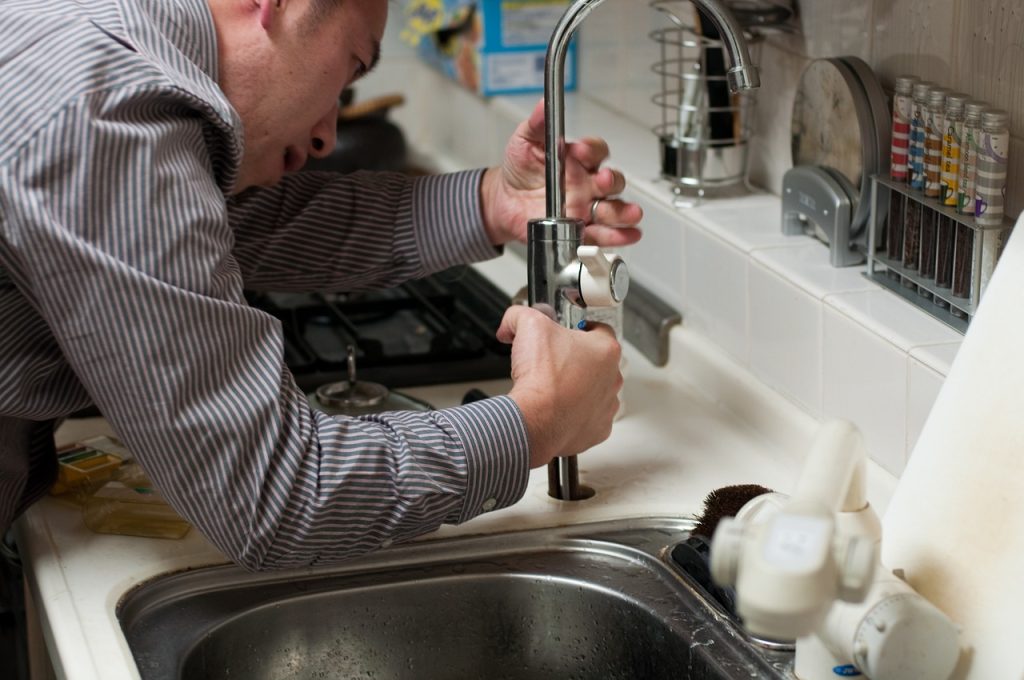
Plumbing is a vital aspect of modern infrastructure that ensures the delivery of clean water and the safe disposal of waste. It plays a crucial role in maintaining public health, hygiene, and overall quality of life. From residential homes to commercial buildings, plumbing systems are integral to daily operations and comfort. Here’s an overview of the importance of plumbing, common issues, and the role of professional plumbers.
The Importance of Plumbing
Health and Safety:
- Clean Water Supply: Plumbing systems ensure that clean water is delivered to homes and businesses for drinking, cooking, bathing, and cleaning.
- Waste Disposal: Effective plumbing systems remove waste and sewage safely from buildings, preventing the spread of disease and contamination.

Convenience and Comfort:
- Access to Water: Plumbing provides easy access to water at various points in a building, making daily tasks more convenient.
- Hot Water Availability: Water heaters, an essential part of plumbing systems, provide hot water for showers, dishwashing, and laundry.
Environmental Sustainability:
- Water Conservation: Modern plumbing fixtures and systems are designed to conserve water, reducing waste and promoting sustainability.
- Energy Efficiency: Efficient plumbing systems, including tankless water heaters and low-flow fixtures, help reduce energy consumption.
Common Plumbing Issues
Leaky Faucets:
- Causes: Worn-out washers, gaskets, or valve seats; loose parts.
- Solutions: Replace worn components, tighten loose parts, or seek professional repair if necessary.
Clogged Drains:
- Causes: Accumulation of hair, soap, grease, and food particles; foreign objects in the drain.
- Solutions: Use a plunger, drain snake, or chemical cleaners; professional plumbers can use hydro-jetting for severe blockages.
Running Toilets:
- Causes: Faulty flapper valve, improperly adjusted float, leaky fill valve.
- Solutions: Inspect and replace faulty parts, adjust the float; call a plumber for more complex issues.
Low Water Pressure:
- Causes: Mineral buildup, leaks in the system, issues with the municipal water supply.
- Solutions: Clean aerators and showerheads, check for leaks, consult with a plumber if the issue persists.
Water Heater Problems:
- Causes: Sediment buildup, faulty thermostat or heating element, leaks.
- Solutions: Flush the tank, check and adjust the thermostat, replace defective parts; professional service for persistent issues.
Leaky Pipes:
- Causes: Corrosion, excessive water pressure, loose connections.
- Solutions: Tighten connections, use pipe repair tape or clamps; replace damaged sections with the help of a plumber.

The Role of Professional Plumbers
Installation and Maintenance:
- New Installations: Plumbers install new piping systems, fixtures, and appliances in both new constructions and renovation projects.
- Routine Maintenance: Regular inspections and maintenance services to ensure systems operate efficiently and prevent major issues.
Repairs:
- Leak Detection and Repair: Using advanced tools to locate and fix leaks, preventing water damage and conserving water.
- Drain Cleaning: Addressing clogs and ensuring proper drainage to prevent backups and flooding.
Upgrades and Improvements:
- Efficiency Upgrades: Installing water-efficient fixtures and systems to reduce water and energy consumption.
- System Upgrades: Modernizing outdated plumbing systems to improve functionality and compliance with current codes.
Emergency Services:
- 24/7 Availability: Providing immediate assistance for urgent plumbing issues like burst pipes, severe leaks, and sewer backups.
Expert Advice:
- Consultation: Offering professional advice on plumbing systems, potential upgrades, and maintenance practices.
- Education: Educating clients about proper maintenance and how to spot early signs of plumbing problems.
Conclusion
Plumbing is an indispensable part of our daily lives, ensuring the availability of clean water and the safe removal of waste. While common plumbing issues can often be addressed with basic DIY methods, the expertise of professional plumbers is essential for more complex problems and routine maintenance. By understanding the importance of plumbing and the role of plumbers, homeowners and businesses can ensure their systems remain efficient, safe, and sustainable. Regular maintenance and timely repairs not only enhance comfort and convenience but also contribute significantly to public health and environmental conservation.
